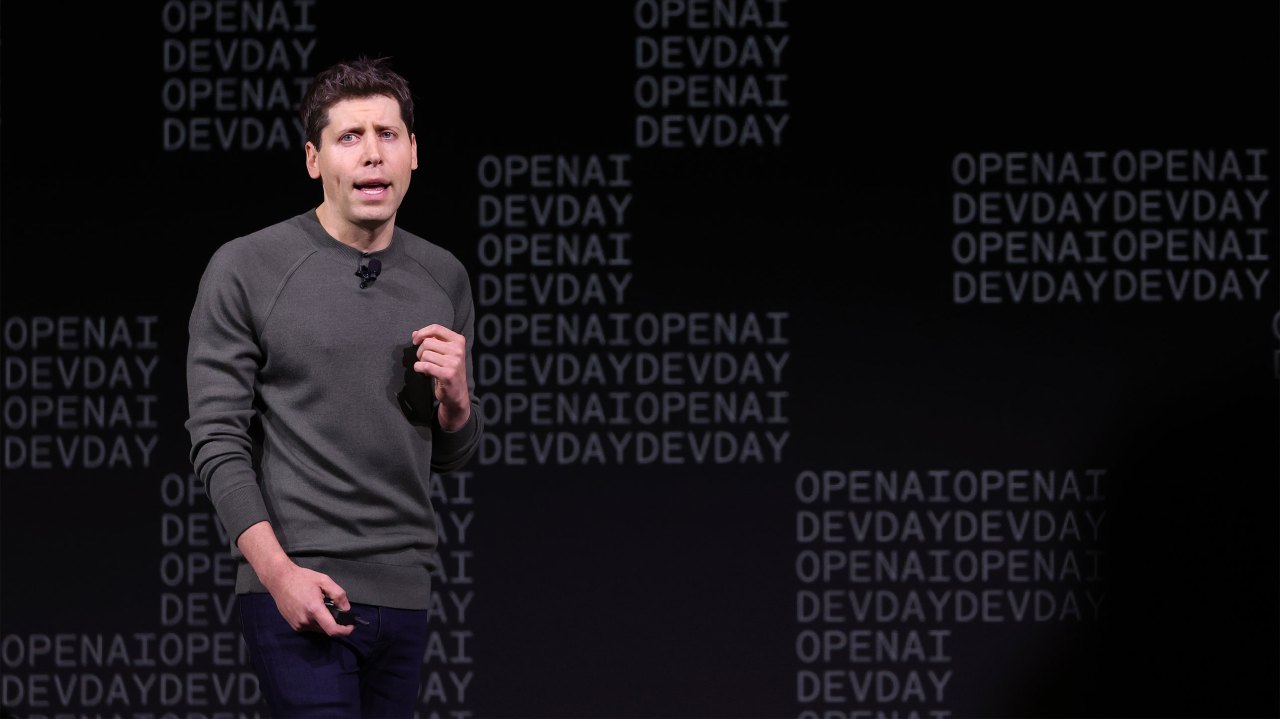The whirlwind weekend saga surrounding Sam Altman’s abrupt exit from OpenAI has sent shockwaves through the tech community. With Altman moving to Microsoft and OpenAI facing internal upheaval, there’s never been a more critical moment to step back and evaluate the socio-political landscape of artificial intelligence. This situation not only highlights how advancements in AI are perceived but also how political perspectives shape the development and deployment of these technologies.
The Dichotomy of Ideologies: Speed vs. Concern
The discourse surrounding AI development revolves primarily around two axes: speed (how rapidly AI should advance) and concern (the potential risks and implications of that speed). As we delve into these perspectives, we uncover two primary camps: the EACC (Effective Accelerationism) and the decels (decelerators).
- Effective Accelerationism (EACC): Proponents of EACC advocate for pushing technological development to its limits. They believe that relentless innovation is essential for societal advancement, viewing the potential challenges posed by new technologies as temporary hurdles that will yield to long-term benefits.
- Decels: This group embodies caution, advocating for a more measured pace in AI development. They argue that rushing can lead to unforeseen negative consequences. The decels are not against AI development; rather, they prioritize careful evaluation of technological impacts before proceeding.
The Manifesto of EACC
The concept of EACC can be traced back to the manifesto from venture firm a16z, which fervently articulates the necessity to accelerate technological growth. The manifesto characterizes societal anxieties surrounding rapid innovation as a “mass demoralization campaign” aimed at stifling progress. In stark contrast to the notion of effective altruism, EACC champions aggressive technological innovation, often dismissing hesitance as counterproductive. Their stance boils down to a fundamental belief: that the risks associated with fast-tracking AI development are far outweighed by the potential for profound societal benefits.
The Cautious Stance of Decelerators
Conversely, the decels contend that progress must be tempered with responsibility. Figures such as Elon Musk have publicly endorsed calls for a pause in AI development to consider its implications fully. The decelerationists raise crucial questions: Are we prepared to handle the influx of misinformation AI can generate? What about the potential for job displacement? They voice concern that unbridled innovation could lead to outcomes that threaten societal stability and integrity.
The Intersection of EACC and Decels
Despite their differences, both camps share a belief in the transformative power of AI. However, where they diverge is in their approach to risk management and the prioritization of societal well-being vis-à-vis technological advancement. The decels believe in building new technologies responsibly, while the EACC advocates for minimal constraints on innovation.
AI Doomers: A Pessimistic Outlier
Adding another layer to this discourse are the AI doomers, a group that perceives the rapid development of AI as potentially catastrophic. While their voice is often less substantial in corporate conversations—given that their perspectives rarely yield profit—they serve as a cautionary tale. For them, the trajectory of AI resembles a double-edged sword, capable of both great benefit and peril. While EACC proponents view doomerism as alarmist, recognizing their concerns can help balance the conversation about AI’s future.
Conclusion: Charting a Path Forward
As we stand at this crossroads in AI development, evaluating the contrasting viewpoints of accelerationists, decels, and doomers is paramount. The ongoing debate reflects broader societal tensions between the desire for rapid technological progress and the need for careful consideration of its nuances. With the momentum currently favoring EACC, the challenge remains: can we forge a path that captures the benefits of innovation while maintaining the ethical and societal safeguards necessary to guide its implementation?
At fxis.ai, we believe that such advancements are crucial for the future of AI, as they enable more comprehensive and effective solutions. Our team is continually exploring new methodologies to push the envelope in artificial intelligence, ensuring that our clients benefit from the latest technological innovations. For more insights, updates, or to collaborate on AI development projects, stay connected with fxis.ai.

